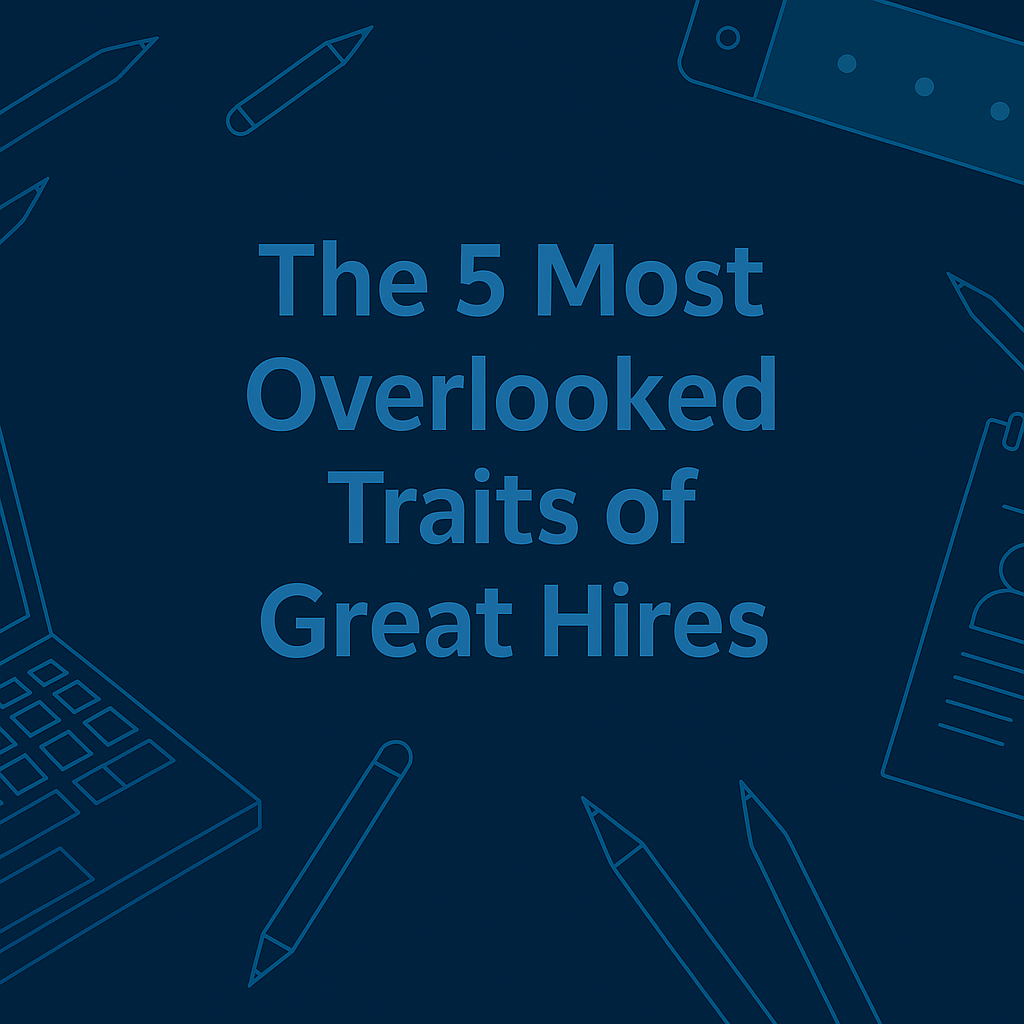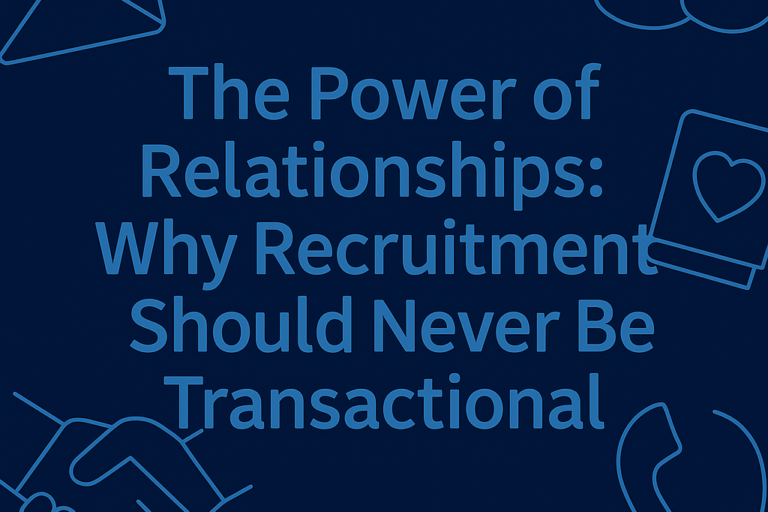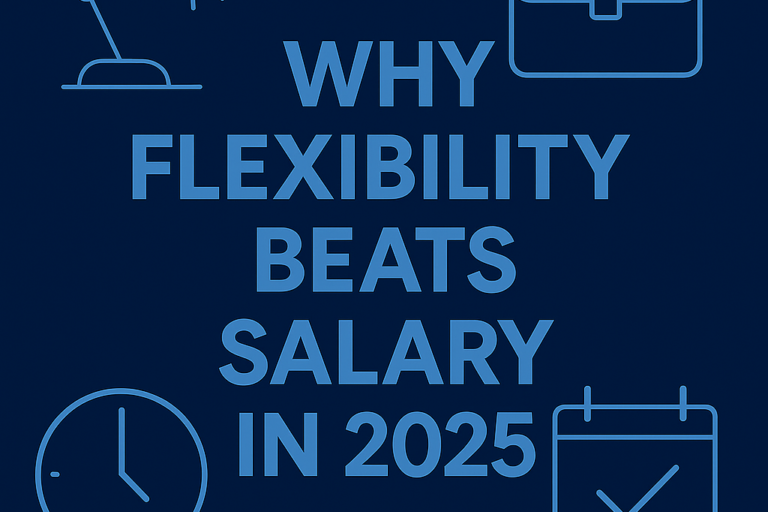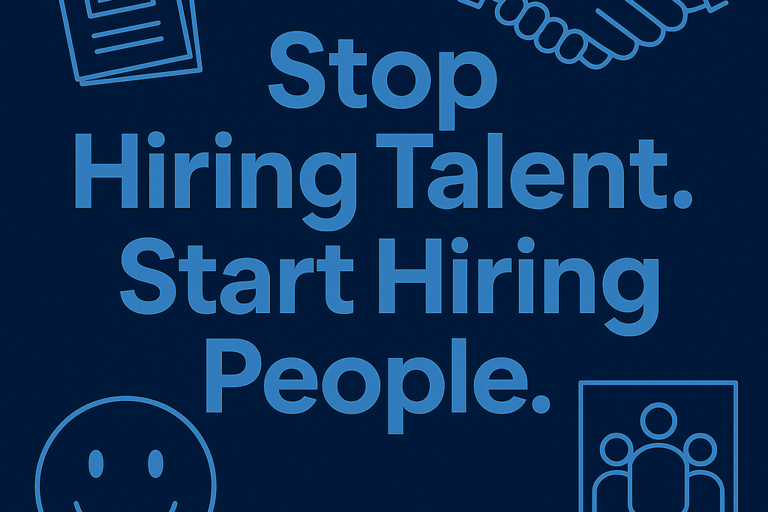A résumé will never tell you the whole story. And yet, most hiring processes rely on it to make fast decisions. According to Hays, ninety-six percent of Australian employers believe soft skills are just as important as technical ones. The catch? These skills are harder to spot.
At The People Place, we talk to candidates and clients every day. We see what makes someone genuinely effective, not just on paper but in the real world. These are the traits that turn a good hire into a great one. And more often than not, they are overlooked.
1. Adaptability
When things change, some people panic. Others adjust. The ones who adapt are the ones who lead.
During COVID, almost three quarters of Australian businesses had to rethink how they operated. At one Melbourne café, junior staff helped launch a digital ordering system in under a week. They were not hired to solve tech problems, but they did. That is adaptability in action.
Seventy percent of employers say adaptability is a top soft skill they are looking for. But many still default to experience as the first filter. This means people with growth potential get passed over.
How to spot it:
-
Look for people who have worked across different industries or roles
-
Ask for examples where they had to quickly learn something new
-
Pay attention to how they talk about change — do they lean into it or avoid it
2. Curiosity
In a job market where seventy percent of skills are expected to change by the end of the decade, curiosity is more than a nice-to-have. It is a necessity.
Curious people ask better questions. They go beyond the task. They improve systems, test new ideas and stay one step ahead without being told.
At a Sydney startup, a junior developer automated a manual reporting task during his downtime. That one side project saved the company over one hundred hours each month.
How to spot it:
-
Ask candidates what they have taught themselves recently
-
Look for people who ask thoughtful questions about your business or team
-
Check references for signs of initiative and independent learning
3. Resilience
Every business hits bumps. Projects get delayed. Clients pull out. Feedback stings. The people who make a lasting impact are the ones who keep showing up when it gets hard.
Resilience is not just about coping. It is about problem-solving under pressure, staying calm when plans fall apart, and coming back stronger.
Angela Duckworth’s research on grit shows that perseverance can be a stronger predictor of success than intelligence or experience. In one Brisbane agency, a hiring manager put it simply. “Give me someone who has taken a few hits and still wants to grow. They are the ones who last.”
How to spot it:
-
Ask about a time they faced a challenge at work and how they responded
-
Listen for stories that include setbacks, not just wins
-
In reference checks, ask how they handled pressure or conflict
4. Emotional Intelligence
In creative teams, communication is everything. That is where emotional intelligence comes in.
People with high EQ know how to read the room. They understand how others feel and adjust accordingly. They are the ones who smooth over tensions and bring clarity to tough conversations.
At a Sydney fintech business, one customer service rep became known for turning angry calls into loyal customers. Her secret was empathy. She listened, responded calmly, and found solutions. It had nothing to do with speed or volume. It had everything to do with how she made people feel.
Despite this, less than sixty percent of employers say they actively seek out emotional intelligence in hiring. That means many are missing it entirely.
How to spot it:
-
Ask about a time they resolved a conflict with a colleague or client
-
Notice if they listen well in the interview
-
Watch how they interact with people at every level of the process
5. Humility
In interviews, confidence tends to get rewarded. But humility is what makes someone a great long-term hire.
It does not mean being passive. It means being open to learning. Being able to say “I do not know, but I will find out.” Giving credit to others. Asking for feedback. Admitting when you are wrong.
In one Melbourne startup, the founders hired a project manager who openly said she was not an expert. But she asked great questions, brought the team together, and improved the workflow in ways no one expected. Six months in, she had become the go-to person for clarity and delivery.
How to spot it:
-
Listen to how they talk about past work — do they use “we” or “I”
-
Ask what they would do differently if they had their time again
-
Involve junior team members in the process and ask for their read
Final Thoughts: Look Beyond the Paper
The best people are not always the most obvious ones. They might not have the exact title you were expecting. They might not have the fanciest CV. But they have the mindset and values that drive success.
These five traits — adaptability, curiosity, resilience, emotional intelligence and humility — are harder to teach but easier to spot once you know how to look. And when you find them, everything changes.
At The People Place, we specialise in finding good people. People who show up, grow, and bring the best out of others. If you are ready to hire a little differently, we would love to help.
Need help finding the right people?
If you are hiring and want to meet great candidates before the rest of the market catches on, let’s talk.
📩 Get in touch: [email protected]
🌐 Learn more: peopleplace.com.au



